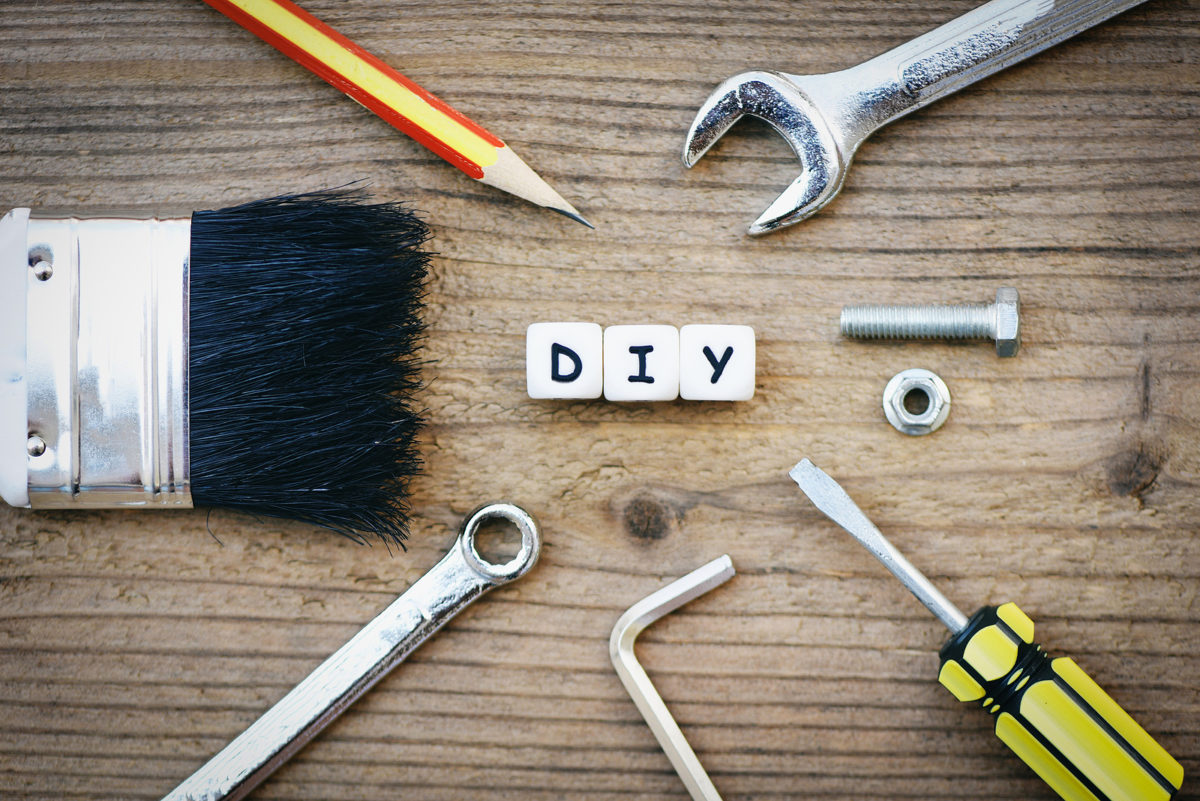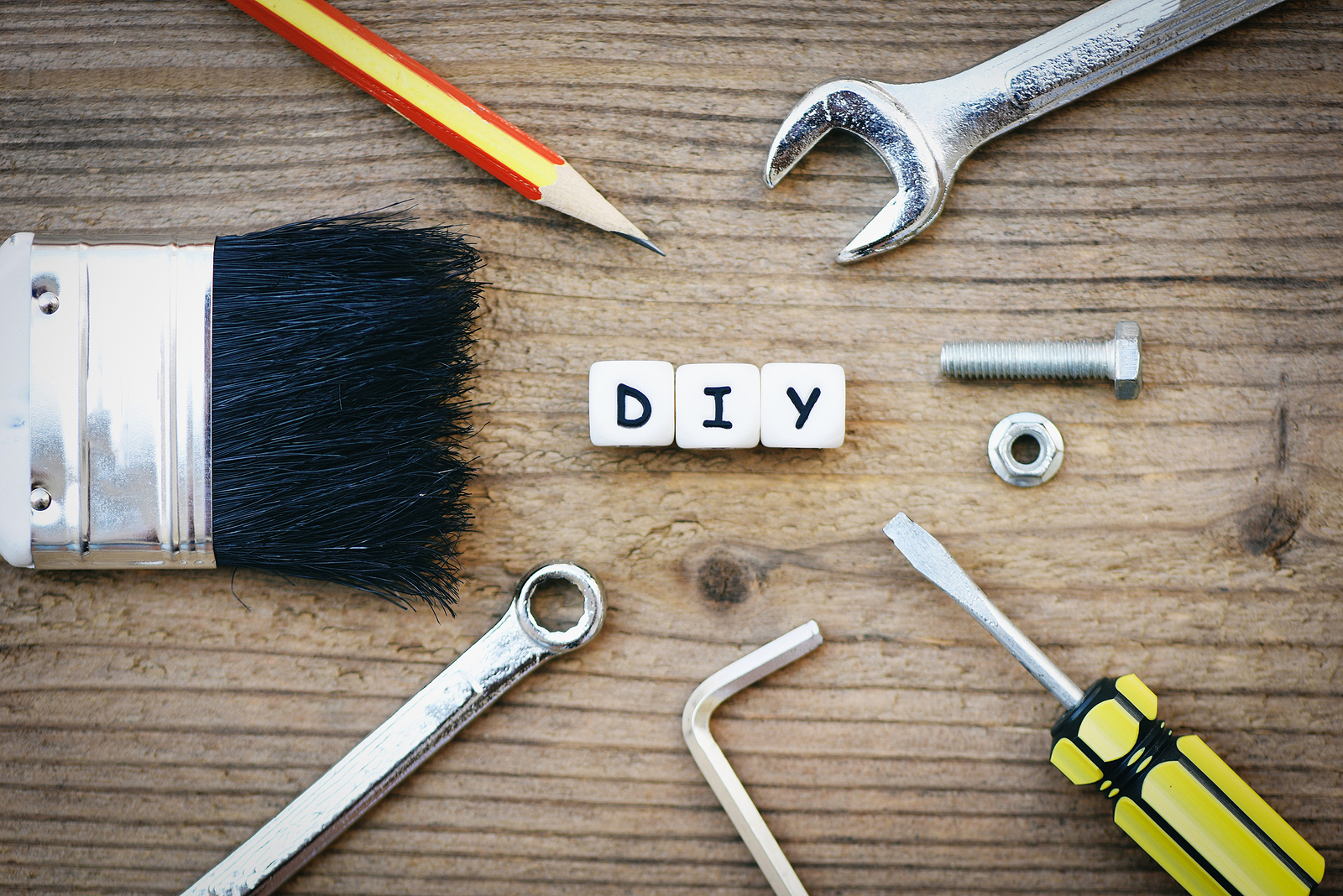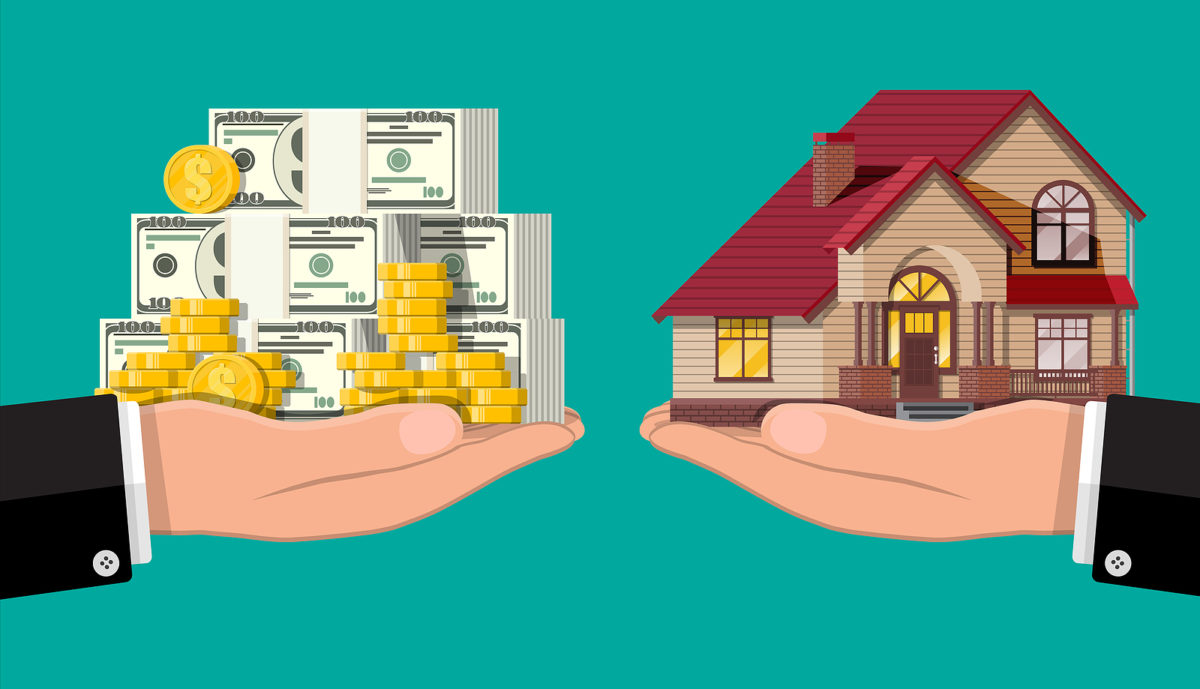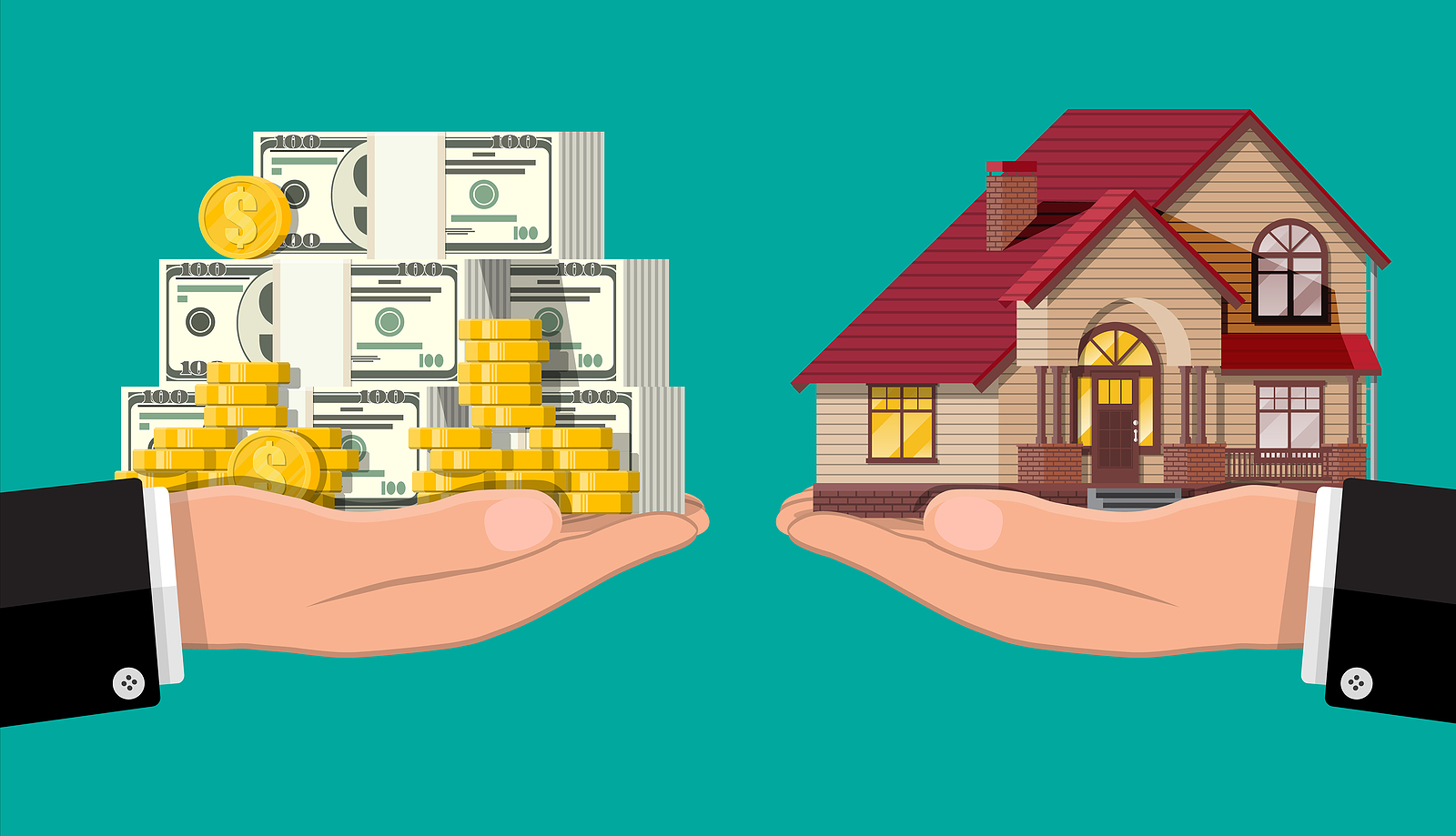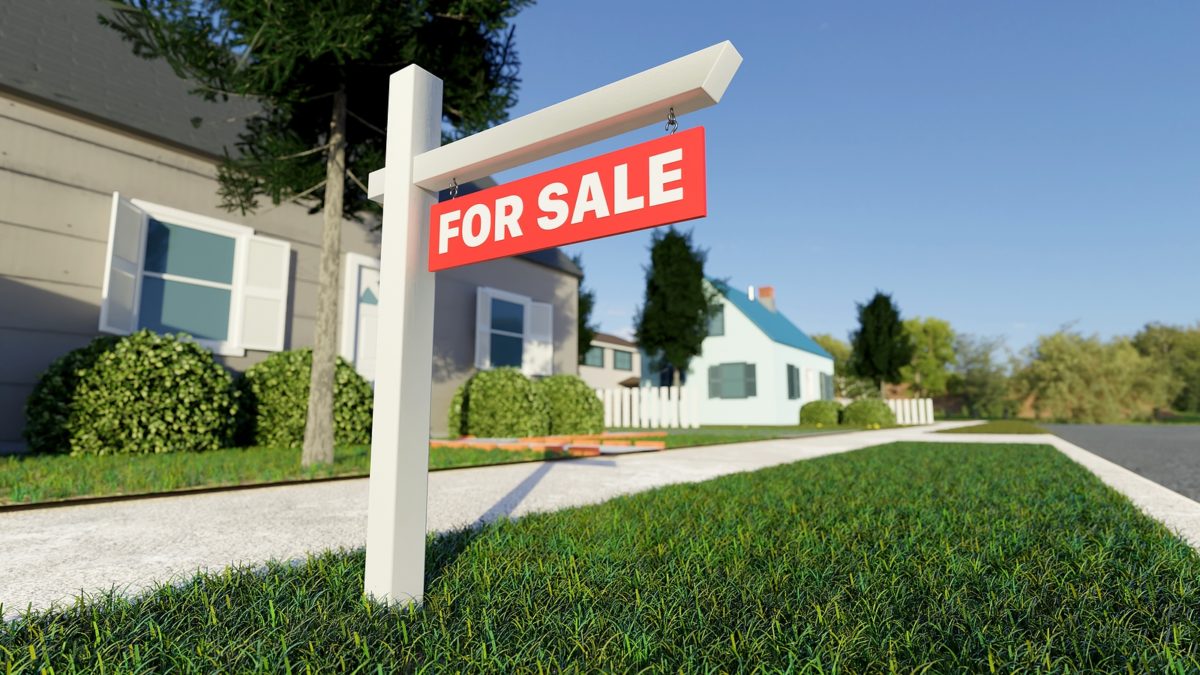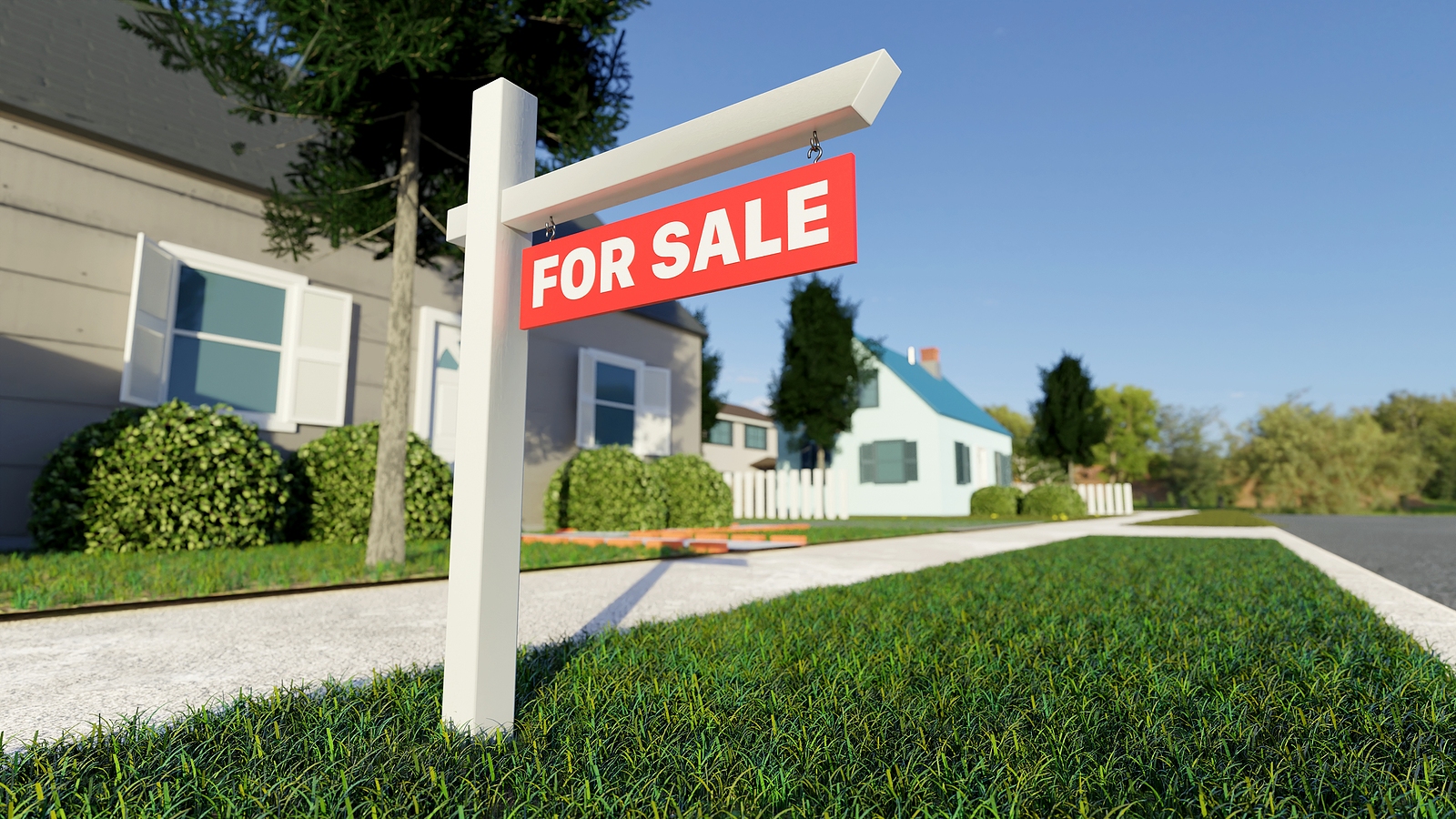Letting go can be brutal. Often, we have no choice, such as when it’s time for our kids to leave the nest, or we decide to leave a relationship that has soured.
It is often the same for homeowners when they decide to sell their homes. For some, letting go of a home isn’t just divesting themselves of a structure, but also from the lifestyle it represents, the memories made under that roof – all that life lived in it.
Selling a home can be an emotionally-charged transaction, but it doesn’t have to be. If you can put your emotions aside for a time and realize that the sale of your home is a business transaction —and stay in that mindset— you’ll avoid the pitfalls we see some home sellers contend with.
Those pitfalls
There are several commonalities among home sellers who are attached to their homes. The first is that they tend to overvalue it for the market.
It’s important to keep in mind that what you feel the home is worth may not be the same as the value the buyer puts on it. Then, there’s the appraiser’s valuation.
Depending on the type of market we’re in, be prepared for buyers coming in with lowball offers. These buyers aren’t intentionally insulting you, but treating the transaction for what it truly is, a business deal.
Ditto when buyers appear to be criticizing your taste in décor, such as by asking you to remove the wallpaper in the kitchen or for new carpet.
No home is ideal for everyone, not even yours. When you approach the sale with less emotion, you’ll be better able to let these unintentional slights roll off your shoulders.
Vow to be flexible
If your attachment to your home is strong, it’s easy to talk yourself into little ways that may sabotage the sale.
Take showings, for instance. We’ve seen some sellers who become completely unreasonable when an agent requests a showing.
Yes, we know how very challenging it is to keep a home spotless while “real life” carries on (kids to get to and from school and lessons, pets, etc.).
Remind yourself that as busy as life is, if you want to sell the home you must be accommodating to buyers. Take some deep breaths, straighten the chaos and take the kids to the park.
An offer is just an offer, not an insult
There is a reason you may be intensely emotionally attached to your home. Whether it’s because of the memories it holds, the hard work it took to get it to its current condition or something else, this attachment can cloud your judgment.
Seldom is this more evident than when entertaining offers from buyers. As mentioned earlier, many homeowners who are attached to their homes treat a simple request, such as for new carpet or a minor repair, as a personal affront.
Remember, your home is perfect for you, but it may not be for everyone. The buyers certainly don’t mean to be insulting.
Even lowball offers can cause defensiveness. Keep in mind that an offer is just an offer and selling your home is a business transaction.
And, by the way, in a tough buyers’ market, a lowball offer may be worth negotiating. Put on your business hat so we can work together on a solution.
Additional coping strategies
“Sure, this house was perfect, but the home selling and buying process isn’t [about] finding ‘the one’ that sticks around forever,” suggests Catrina Sun-Tan at homelight.com.
“It’s more about finding the home that fits your needs best, based on your current situation,” she concludes.
She goes on to suggest that you keep your focus on your ‘why.’ That may be a particular lifestyle you crave, living closer to your children and grandkids or to have a snappier commute. Keep that ‘why’ top-of-mind.
Take photos of the home, especially those areas where you spend the most time and have built the most memories.
Some homeowners will take a plant or even soil from the garden to plant at their new home (let me know if this is your plan because we’ll have to move the plant to a pot before the home goes on the market).
Then, change your focus. Focusing on the future during the sale process is one way to alleviate that panicky feeling many get when they begin dwelling on the loss of their home.
Look to the future instead – where you’re going next, how you’ll furnish and use your next home.
Get excited about what lies ahead.




